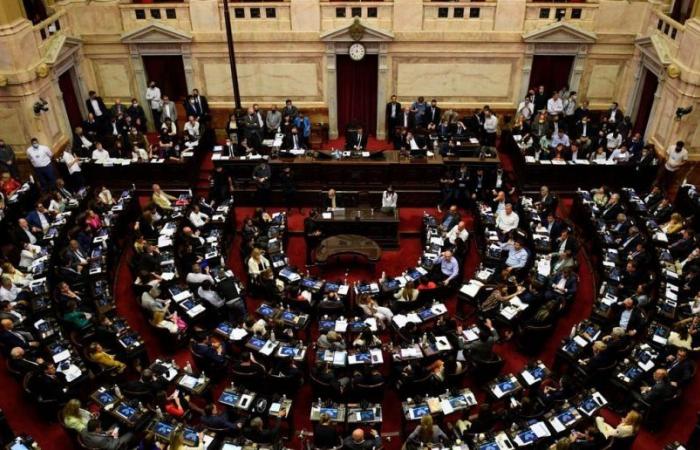
Since it entered the Chamber of Deputies and until a few minutes before the debate in the Senate began on Wednesday, the Base Law underwent numerous modifications. Of the 664 articles plus annexes that were presented at the end of 2023, almost six months later, 238 articles were voted on. What remains of the original ambitious project? These are some of the key points and main modifications.
The Senate approved the declaration of public emergency in administrative, economic, financial and energy matters for a period of one year. This is one of the main articles that the Government hoped to pass, and it allows Milei to carry out reforms without going through Congress. The first project also contemplated the public emergency in fiscal, pension, security, defense, tariff, health, and social matters.
The latest version of administrative deregulation remained the same as the original, with the exception that it limited the power of the Executive Branch to intervene public organizations and added the prohibition of the dissolution of cultural organizations, such as the Administration of National Parks and the National Atomic Energy Commission.
Of the 41 companies that the original project proposed to privatize, 8 proposals reached the Senate. At the last minute, Aerolíneas Argentinas, Radio y Televisión Argentina and Correo Argentino were excluded.
Energía Argentina and Intercargo were subject to total privatization, while Agua y Saneamientos Argentinos, Belgrano Cargas y Logística, Sociedad Operadora Ferroviaria, Trenes Argentinos, Yacimiento Carbonificador Río Turbio, Nucleoeléctrica and Corredores Viales SA remained on the list of companies to concession or privatize.
This title regulates labor relations in the private sector. Despite strong differences in the opposition, the elimination of fines or infractions for those who have not properly regularized their employees was approved.
The point that defines “active participation in blockades or seizures of establishments” as a serious labor injury and objective cause for termination of the employment contract survived. The article was removed that established that, for employees not affiliated with unions, solidarity fees could only be collected with their prior consent. In this way, they can continue doing it against their will.
The possibility that dividends and profits of companies can be transferred abroad after three years has elapsed, the incorporation of clauses to guarantee that companies that adhere to the regime employ local people and hire services from local suppliers, among other proposals, was eliminated. of RIGI that were accepted.
However, the opposition reformulated article 163, which declared “absolutely null and void” any provincial regulation that opposes the RIGI. In this way, it only applies to those jurisdictions that decide to adhere to the regime.




